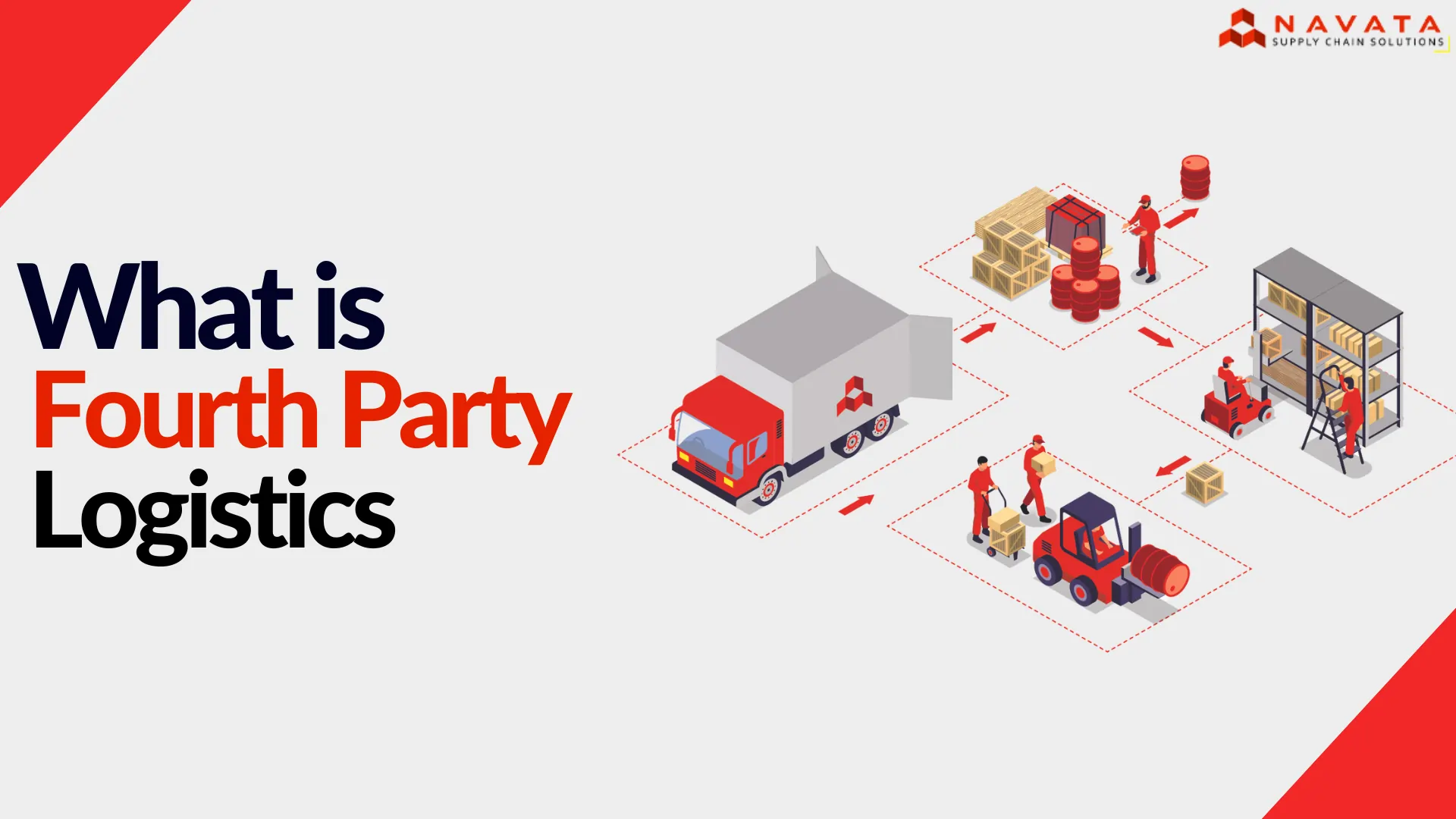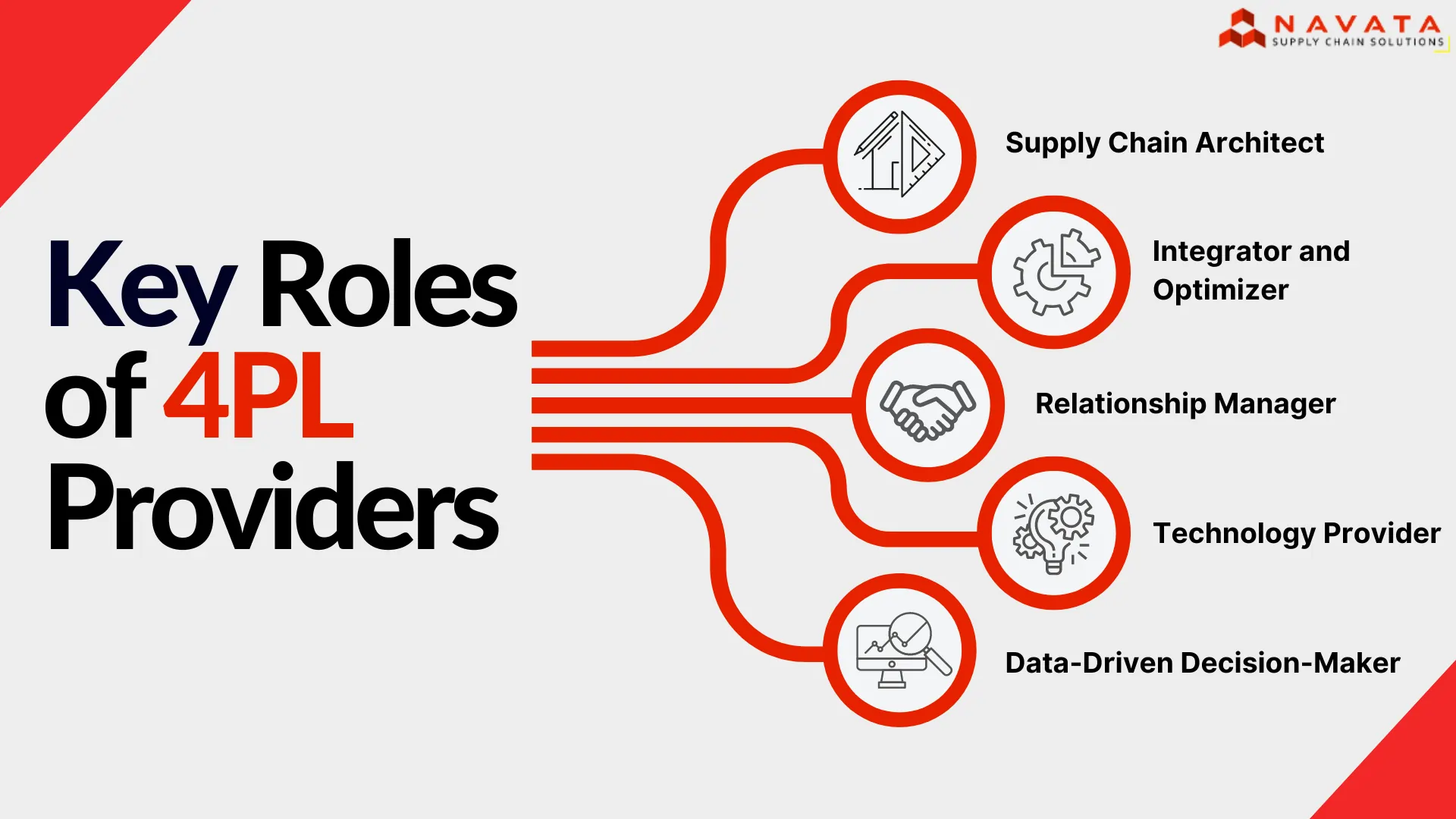What is Fourth Party Logistics (4PL)?
In a world of increasingly complex global supply chains, businesses are always on the lookout for ways to optimize their logistics and reduce costs. One way of doing this is to look into Fourth Party Logistics solutions.
A 4th Party Logistics provider takes a step beyond traditional third-party logistics (3PL) services. While 3PL companies focus on the operational aspects of logistics, such as transportation and warehousing, a 4PL provider acts as a strategic partner, managing a company’s entire supply chain from end to end.
4th Party Logistics takes this outsourcing to the next level. Instead of just managing specific logistics functions, a 4PL provider takes on the role of overseeing and coordinating the entire supply chain on behalf of the client. This means they not only manage the logistics operations but also handle the coordination between different logistics providers, optimize processes, and provide strategic guidance to improve overall supply chain efficiency.

Key Roles of 4PL Providers
Supply Chain Architect: 4PLs analyze a business’s existing supply chain, identify inefficiencies, and design tailored solutions to enhance performance. They meticulously plan and execute every step, from procurement to final delivery.
Integrator and Optimizer: 4PLs leverage their expertise to seamlessly integrate various logistics providers, software systems, and processes. Their goal is to maximize efficiency, reduce waste, and ensure the supply chain operates as a single, well-orchestrated entity.
Relationship Manager: 4PLs play a crucial role in managing relationships with numerous 3PL companies, carriers, warehouse providers, and technology firms. They foster collaboration and communication among these parties to ensure seamless operations.
Technology Provider: Many 4PLs utilize cutting-edge technologies that provide real-time visibility into the supply chain. These technologies might include transportation management systems (TMS), warehouse management systems (WMS), data analytics, and more.
Data-Driven Decision-Maker: 4PLs analyze vast amounts of supply chain data to uncover trends, optimize routes, identify cost-saving opportunities, and provide valuable business intelligence.

Advantages of Fourth Party Logistics
Single Point of Contact
With a 4th Party Logistics, businesses work with just one provider who manages all aspects of their supply chain. This simplifies communication, reduces administrative hassle, and allows the company to focus on its core operations. Imagine having one expert guide instead of multiple specialists who may or may not work well together – a 4PL keeps the supply chain organized and flowing smoothly.
Strategic Expertise
4PL providers have in-depth knowledge of logistics, transportation, and supply chain optimization. They use this expertise to identify inefficiencies, design custom solutions, and continuously find ways to improve your supply chain’s performance. This strategic focus lets your company benefit from the 4PL’s years of experience, leading to better decision-making and a more efficient overall supply chain.
Lower Costs
Through their network of established partners, 4PLs can negotiate more favorable rates with carriers, warehouse providers, and other 3PLs. They leverage their buying power and industry knowledge to secure cost-effective solutions for their clients, leading to lower overall logistics costs.
Technology and Data-Driven Insights
4PLs often employ sophisticated technologies like supply chain visibility tools and advanced analytics. These provide real-time information about inventory levels, shipments, and customer demand. This data-driven approach allows for informed decision-making, helping to identify potential problems, optimize routes, reduce costs, and enhance overall supply chain efficiency.
Scalability and Flexibility
As your business grows or faces seasonal fluctuations, your logistics needs change. 4PL providers are adept at scaling resources up or down quickly to meet these shifting demands. Their network of 3PL partners and carriers gives them the flexibility to add or remove capacity as needed, keeping your supply chain nimble and responsive in a changing market.
Make Supply Chain Your Competitive Advantage
Disadvantages of Fourth Party Logistics
Reduced Control
When you outsource your entire supply chain to a 4th Party Logistics, you give up some degree of direct control over day-to-day operations. This means you’re relying on the 4PL to make decisions and manage relationships with 3PLs and carriers on your behalf. While this can free up resources, it can also limit your ability to quickly react to problems or make granular changes to your logistics process.
Potential for Higher Costs
While 4PLs strive to lower costs, their comprehensive services can sometimes be more expensive than managing your supply chain in-house or directly contracting individual 3PLs. The 4PL’s fees, on top of the fees of the 3PLs they manage, add an additional layer of cost for your business.
Dependency on the 4PL
When you place such a large part of your operations in the hands of a 4PL, you’re essentially creating a dependency on their expertise and systems. If there are disruptions on the 4PL’s end or if you decide to change providers, it can lead to significant challenges and potential delays for your supply chain.
Less Customization
4PLs often have standardized processes and technology solutions to manage multiple clients. While this promotes efficiency, it might also lead to less flexibility and customization compared to tailoring your own in-house logistics operations. It’s essential to assess whether a 4PL’s service model aligns closely enough with your specific business needs.

When to Consider 4PL Services?
Complexity: Your supply chain has become too complex to handle on your own. If managing it is taking up too much time and resources, a 4PL can help streamline things.
Focus on Core Business: You want to focus more on your main business activities instead of worrying about logistics and supply chain management. A 4PL can take care of the logistics side for you.
Global Expansion: You’re expanding your business globally and need help coordinating logistics across different countries and regions. A 4PL with international expertise can assist with this.
Cost Savings: You’re looking to reduce costs in your supply chain operations. A 4PL can often find efficiencies and negotiate better deals with suppliers, helping to save money.
Technology Advantages: You want to leverage advanced technology and tools to improve visibility and efficiency in your supply chain. Many 4PL providers offer sophisticated technology solutions.
Scalability: Your business is growing rapidly, and you need a scalable logistics solution that can adapt to your changing needs. A 4PL can provide the flexibility and scalability you require.
Risk Management: You’re concerned about risks such as supply chain disruptions, and you want a partner who can help identify and mitigate these risks effectively.
Overall, opting for 4PL services can be a smart choice when you need expert help to manage and optimize your supply chain, allowing you to focus on what you do best – growing your business.
Thanks For Reading: What is Fourth Party Logistics (4PL)?
Powered By 360Presence


5 Comments